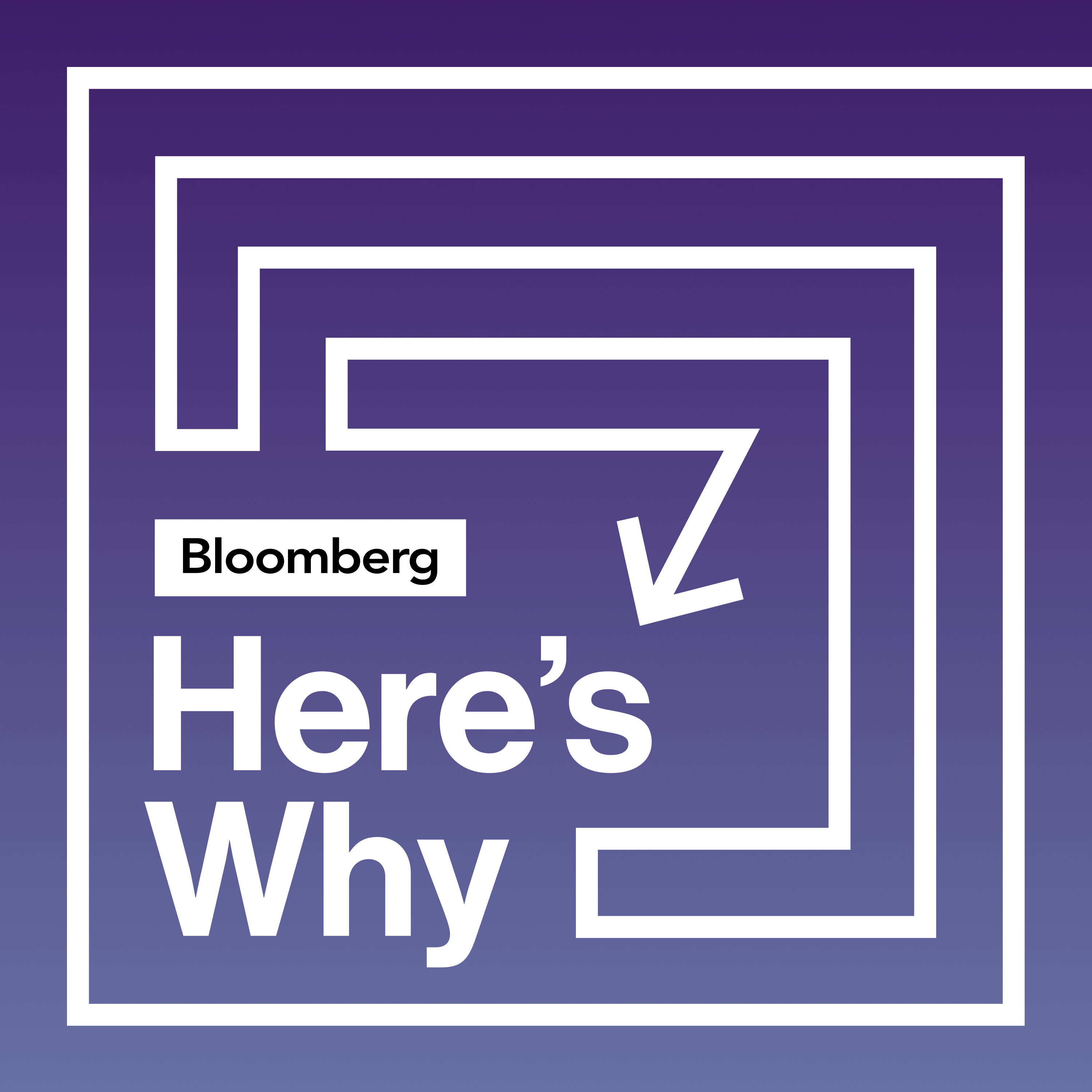We're sunsetting PodQuest on 2025-07-28. Thank you for your support!
Export Podcast Subscriptions
Here's Why AI Is Creating The Biggest Monopolies in History
2025/3/21

Here's Why
M
Mark Bergen
S
Stephen Carroll
Stephen Carroll: 我认为,人工智能技术将在未来20年内显著提高生产力,并将融入各行各业。
Mark Bergen: 英伟达公司已成为AI领域的领导者,其AI加速器芯片占据了绝大部分市场份额。此外,其供应商SK海力士、台积电和ASML也在各自领域占据主导地位,形成了强大的寡头垄断格局。虽然这些公司目前尚未被认定存在反竞争行为,但其市场支配地位不容忽视。英伟达最大的客户(微软、亚马逊、谷歌和Meta)也在积极开发自有芯片,这将对英伟达的市场份额构成潜在挑战。同时,一些初创公司和现有公司(如英特尔和三星)也在努力追赶英伟达的技术。ASML公司在其特定类型的光刻机市场占据垄断地位,竞争者难以超越。
Mark Mandel & Mark Mirchandani: 我们应该区分市场份额上的垄断和法律意义上的垄断。虽然这些公司在市场份额上占据垄断地位,但目前尚未被认定存在反竞争行为。
Mark Bergen: 监管机构对英伟达可能存在的捆绑销售行为表示担忧,这可能会限制其他芯片厂商的竞争。当前AI芯片巨头的崛起更类似于微软和英特尔的Wintel时代,而非iPhone或谷歌的时刻。当前AI领域的市场关注度、资金投入和对AI硬件支出的预期都达到了前所未有的水平。
Deep Dive
Shownotes Transcript
The rush into artificial intelligence - spurred by the success of ChatGPT - has propelled a handful of technology companies into market superstardom. Nvidia, SK Hynix, ASML and TSMC have seen their share prices soar as their products lead the market in the chips that power AI. Our tech reporter Mark Bergen joins host Stephen Carroll to discuss the scale of their success, and what could disrupt it.
See omnystudio.com/listener) for privacy information.